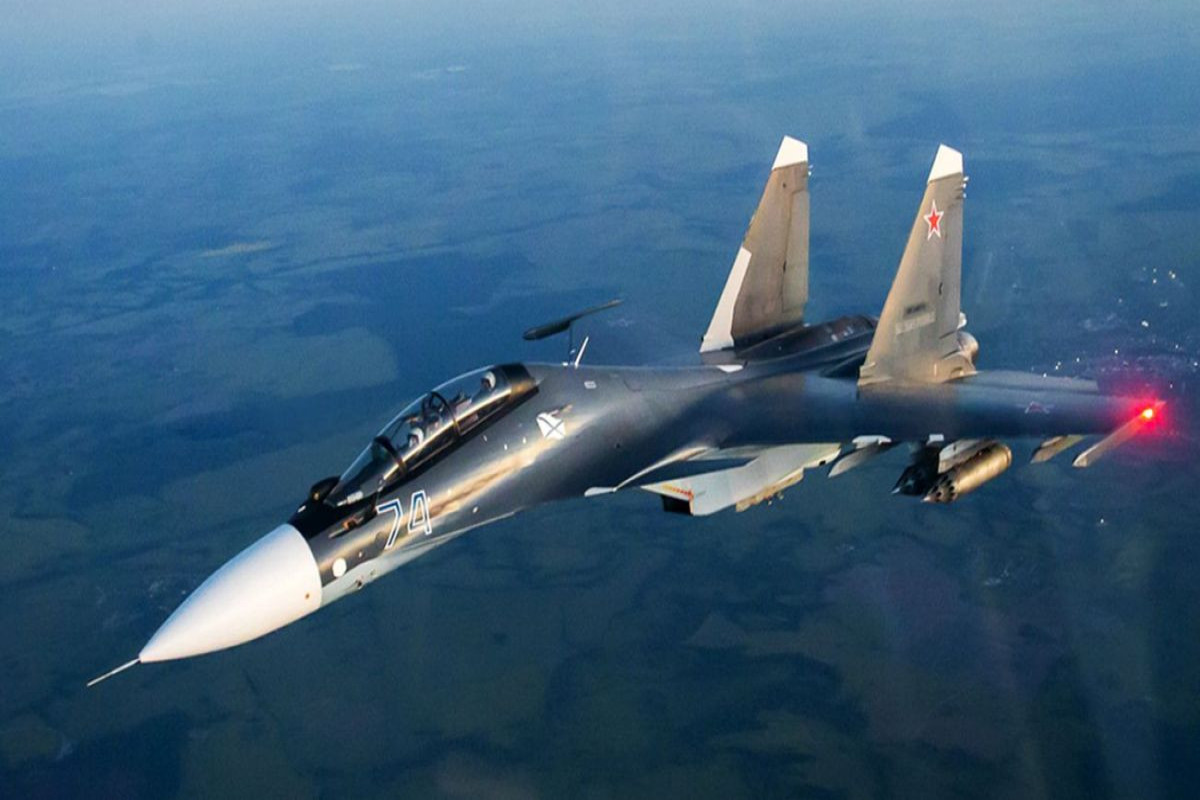
German Air Force Scrambles Jets Due to Russian Aircraft Over the Baltic Sea
Yesterday, the German Air Force launched a quick reaction alert from its base in Laage near Rostock (Mecklenburg-Vorpommern) after Russian planes were detected flying over the Baltic Sea without transponder signals or a flight plan. The German jets, consisting of Eurofighters, were deployed to investigate the unidentified aircraft.
According to the German Air Force, the Russian aircraft included a Tupolev-142 anti-submarine plane (NATO code "Bear") and a SU-30 fighter jet (NATO code "Flanker-H") escorting it. In addition to the German jets, planes from Latvia, operating out of Lielvarde Air Base, were also involved in the response.
The mission's main objective was to identify the unknown aircraft and escort them during their flight, as they had approached German airspace. Incidents like these are relatively common over the Baltic Sea, where Russian military planes frequently operate without prior notice.
Germany's quick reaction units, typically consisting of two Eurofighter jets, are able to take off within minutes to assess and respond to potential threats to the airspace.
Stichworte







